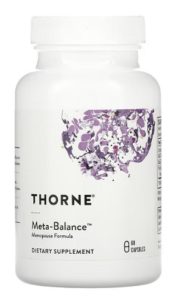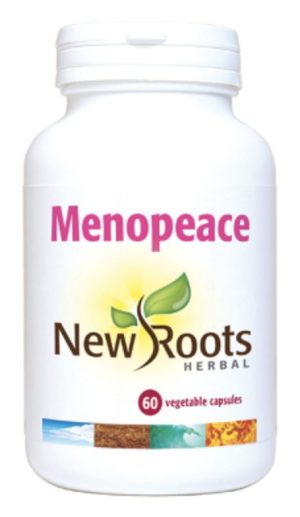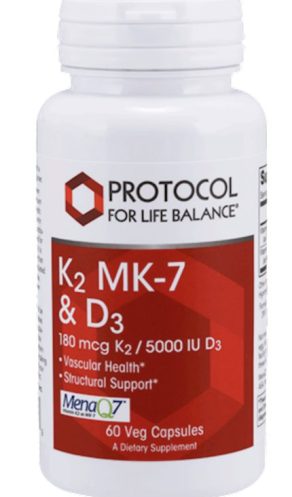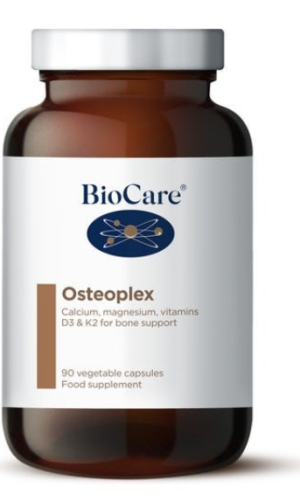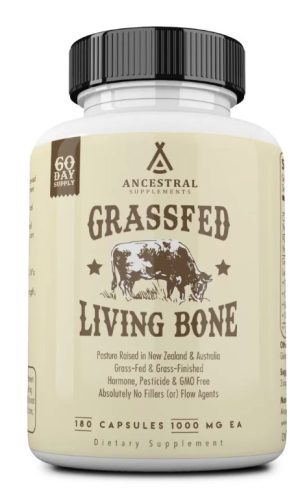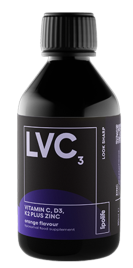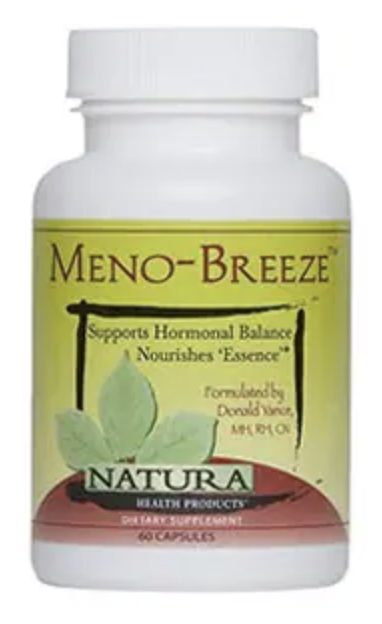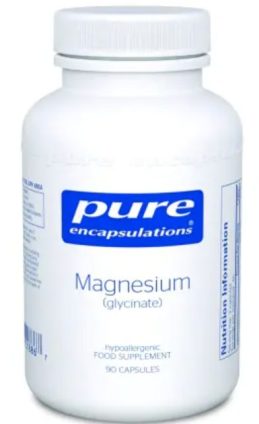Menopause is a natural phase in a woman’s life, indicating the end of her body’s reproductive abilities. Whilst this is a significant transition, it doesn’t have to include unbearable symptoms. Nutrition can play a vital role in supporting woman’s bodies during this transition period alongside the use of herbs which can provide the additional relief.
Understanding Menopause
Before delving into any nutritional strategies, lets briefly understand what menopause is. Menopause can occur between the ages of 45 and 55, although for some women, this can happen earlier or later on in life. It is characterised by the cessation of menstrual cycles and a decrease in hormone production, in particular oestrogen and progesterone. These hormonal changes can lead to a range of physical and emotional changes such as hot flashes, mood swings, disturbed sleep and more.
The Role of Nutrition in Menopause
The foods we consume have a direct impact on our overall health. This is especially true during menopause. Proper nutrition can help alleviate some of the discomfort experienced during the menopause and support overall wellbeing.
Balanced Diet: A balanced diet that includes a variety of fruits, vegetables, whole grains, lean proteins and healthy fats is essential. These foods provide a variety of essential vitamins and minerals to support overall health.
Calcium and vitamin D: Women going through menopause are at increased risk of bone loss, which can lead to osteoporosis. Calium and vitamin D are crucial for maintain strong bones. Taking Vitamin K2 alongside vitamin D has shown better absorption than without. Dairy products, leafy greens can help meets these needs. Magnesium: another important mineral for maintaining optimal bone mineral density. Magnesium is as vital as vitamin D3 and K2 before, during and after menopause stage of each woman. It is a contributing factor in the prevention of osteoporosis and preventative measure against poor bone integrity. This mineral can be found in green leafy vegetables, dark chocolate, nuts and seeds, avocado, tofu and others. Phytoestrogens: These are plant-based compounds that mimic oestrogen in the body. Consuming foods rich in phytoestrogens such as soybeans, flaxseeds and chickpeas, may help alleviate some menopausal symptoms by providing a mild oestrogenic effect. Omega 3 Fatty Acids: Omega 3 fatty acids found in fish like salmon and walnuts have an anti-inflammatory effect which may help to reduce the risk of heart disease and improve mood. Hydration: Staying well hydrated is crucial as menopausal women ay experience more frequent hot flashes which can lead to increased sweating and fluid loss.
Herbs to Support Menopause
In addition to a balanced diet, certain herbs have been used to support women during menopause. While herbal remedies should be used with caution and under guidance of a practitioner here are some commonly used herbs for menopausal symptom relief:
Black Cohosh: Black cohosh is one of the most well-known herbal remedies for menopause. It may help to reduce hot flashes and improve sleep quality. However, it should not be used by women who have a history of liver disorders.
Sage: Sage has been used traditionally to alleviate hot flashes and night sweats. It can be taken as a tea or in supplement form.
Red Clover: Red clover contains phytoestrogens and is believed to help manage menopausal symptoms. It can be consumed as a tea or in a capsule form.
Dong Quai: Dong quai is a Chinese herb that has been used to balance hormonal fluctuations and ease menopausal symptoms. It should be used cautiously especially by those with a history of blood clotting disorders.
Chasteberry: Chasteberry, also known as vitex, may help regulate hormone levels and reduce symptoms like mood swings and breast tenderness.
Gingseng: Ginseng may help boost energy levels and improve mood during menopause. Its available in various forms including capsules and teas.
Evening Primrose Oil: This oil contains gamma-linolenic acid (GLA), which may help alleviate breast pain and hot flashes. It is important to note that the effectiveness of these herbs can vary from person to person, and they should be used under supervision of a practitioner, especially if you have an underlying health condition Menopause is a significant part of a women’s life transition that can be supported with the right approach to nutrition and herbs. A balanced diet rich in essential nutrients can help manage menopausal symptoms, physical and emotional, that often come with this phase of life. Here are some products that our nutritionist recommends for Menopause:
